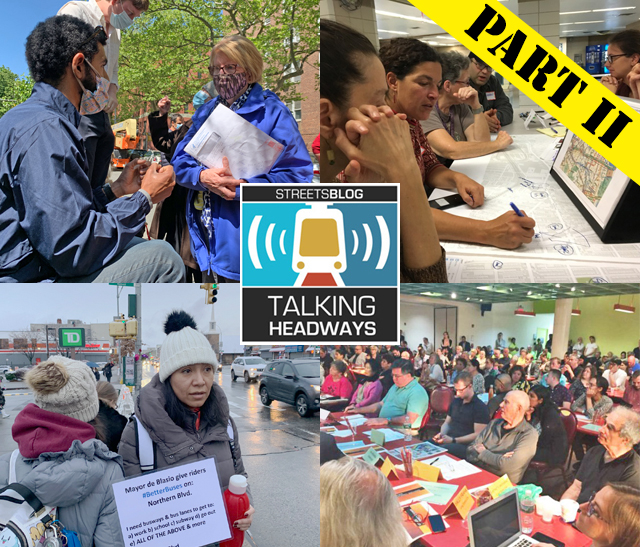In Part 2 of our conversation with Jeremy Levine, assistant professor of organizational studies and sociology at the University of Michigan, we discuss how people talk about “the community” and what public outreach and participation could look like.
For those of you who get your news through your eyes and not your ears, there’s an edited transcript below the audio player. If you want a full, unedited transcript (with some typos!), click here. If you want to listen, here you go:
Jeff Wood: The book questions a lot about what actually constitutes community. What surprised you the most about how different groups and organizations define the term community?
Jeremy Levine: You know, the thing that probably surprised me the most, and this is getting a little "meta," is how everyone could define it differently, implicitly when they’re speaking, but not like be confusing to one another. The reason why that was surprising is because you think of language and you particularly think of this language in community development. A lot of this work is technical. We’re using acronyms, right? We’re talking about projects that have very technical specifications.
We’re talking about acronyms that relate to how tall a building can be, all these kinds of things so far, all this kind of stuff. But when it came to community, people were saying it and talking about it, but meaning different things when they’re saying it and not making it as explicit when they were talking to each other, and it became less surprising when I sat down and thought about it more and understood that we’re not really talking about a specific community here.
We’re not talking about Roxbury Dorchester, Mattapan. We’re not talking to you about the people who show up to a meeting. We’re not talking about a racial or ethnic group that we think should be empowered and part of the process. We’re not talking about any of that. And we’re also talking about all of that at the same time. To make sense of all of that, I had to think about what this concept means and how it gets used.
In that regard, the different definitions weren’t so surprising as it was that all of it was about something good. When it was used, it was to elevate one’s position. If I say I’m representing the community, I’m saying that in order for you to respect me more, for you to take what I’m gonna say more seriously. If I say I went out to the community and did community organizing, it’s the same thing. I’m marshaling some moral worth and value from what I’m saying. Then by talking about it, I’m performing it. If I’m bringing people out to a particular meeting, I’m exemplifying that I am truly attuned to what the community wants.
So, to me, the surprising thing about all this was how it all made sense when everyone was talking about different things. Ultimately the big conclusion of the book, reflected again in that play on words in the title, is how we’re using the concept. Not so much to have a particular denotation or to denote a particular group or place or person, but to use it in small "P" political negotiations to pursue political ends, to elevate my position, to say the thing that I want to see on this vacant lot is the right thing, the appropriate and the legitimate thing. Community is a very valuable tool in making that work.
The upside is that those that are at the grassroots can use it effectively to elevate their position. But also because this concept and because this word can mean a lot of different things, we never really define it when we’re engaging in these debates, say at a community meeting. It also meant the public officials could do this "one, two step" or maybe, what you might call in slang terms like an "okey-doke," a slight of hand where they can talk a game of community. They can talk about valuing the community, but never really be able to be held accountable to specific people, specific neighborhoods, specific processes, right? Because we all say, yeah, the community is good.
So if someone says, "I don’t think this project is reflective of the community," [for example] a city official, that’s hosting that meeting, the community [can] say, "all right, well, that’s why we’re having the community meeting. We have a community process; we’ll have more community meetings. We’ll organize the community; we’ll go out to the community; we’ll bring the community to the meeting, and so on and so forth." Right.
Needing all these different things, meaning the place, meaning the people, meaning the people that participate in so on and like, what do you say to that? How do you say no? ... Routinely people in the audience would say, ..."we value the community, committee processes is good. We should have more community." And it allows those that are pushing things forward to not necessarily be pushed, to be transparent about specifically who is going to benefit, which neighborhood we talking about, who’s going to be there.
The surprising thing isn’t so much that there is a lot of different definitions that are in play — that shouldn’t surprise any of us. We all use the concept so much. The surprising thing was more how important and powerful it was for tying all this together, for being the main currency in which we debate and decide what happens in poor neighborhoods — making that more explicit, making that taken for granted aspect of community and deconstructing it, if you will. I think it was really important to reveal this fundamental underlying truth of what is going on.





